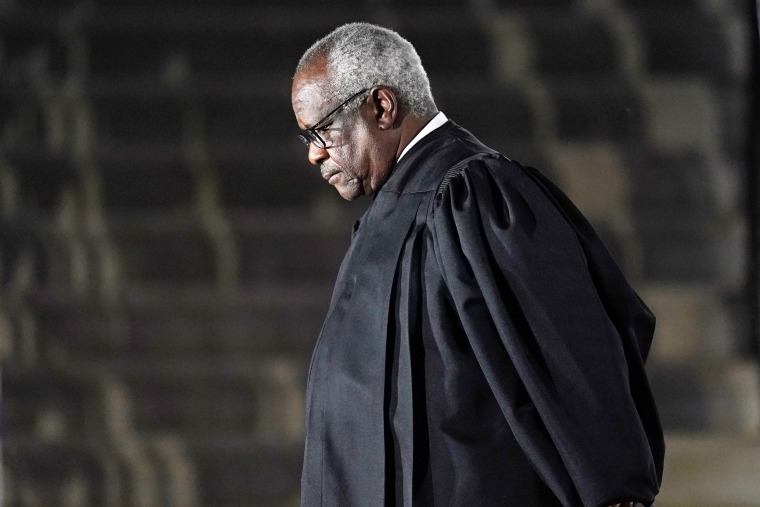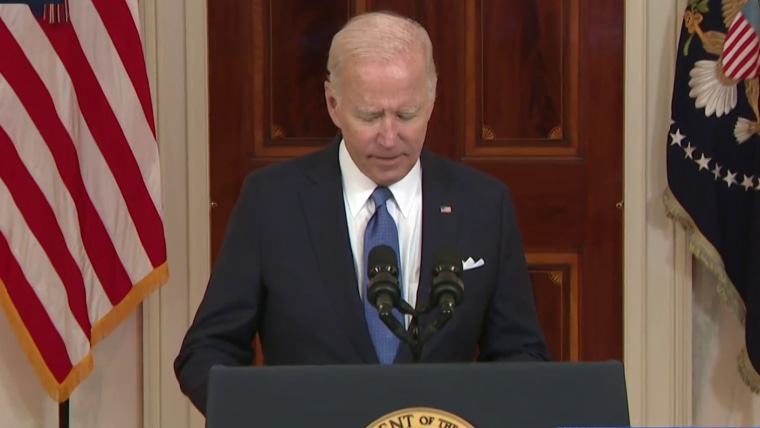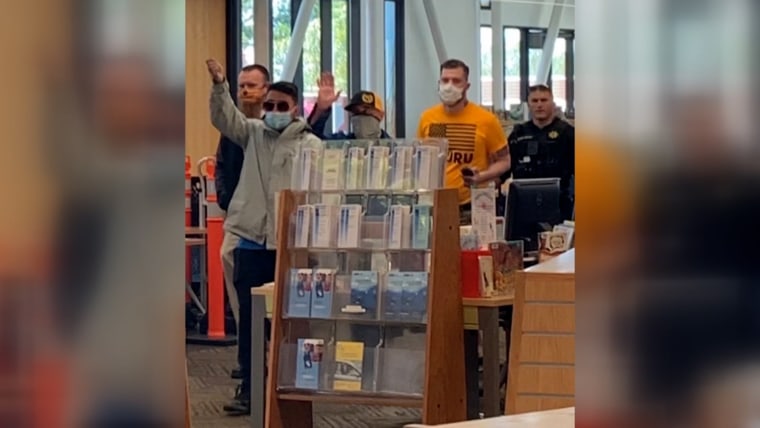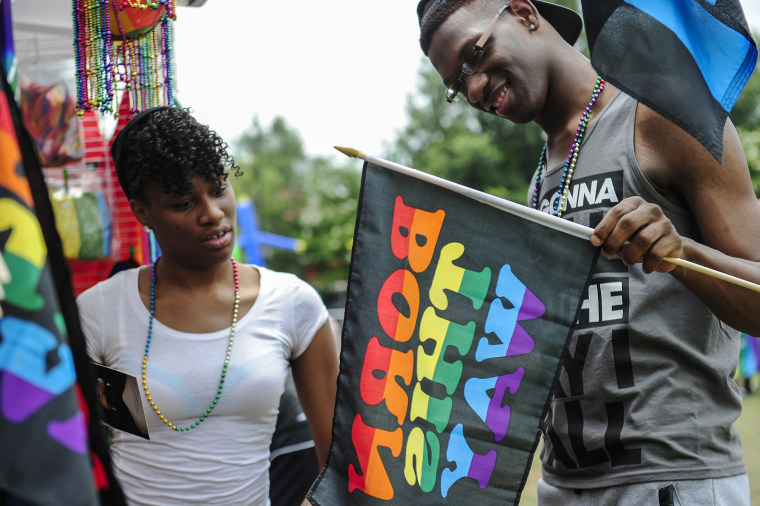Show Your Pride By Voting
I am always surprised when I hear someone proudly say “after two years Pride is back!” If you are ‘out’ and didn’t have Pride in yourself and your community for the past two years there is a real problem and it’s not about missing the parades and parties.
Pride needs to be about having Pride in who you are, being comfortable in your own skin, with a willingness to be open and ‘out’ sharing with others who you are. Even today, that’s not always easy everywhere. Clearly it is easier than when I was young back in the dark ages. I knew I was gay, not knowing the term, but knew I was attracted to boys. When going through puberty in the early 1960s I felt as if I was the only one who felt that way and it embarrassed me. I managed to hide it from myself, often convincing myself it was phase, most of the time until I left New York City and moved to D.C. Even then it took me a few years to come out.
I was 34 going to my first Pride event and hid behind a tree in Dupont Circle, afraid someone would take my picture. Today I think Pride parades are most important for people who are still struggling with their identity to enable them to see there are many others like themselves and being LGBTQ is OK. In June 2021, friends participated in a walk from Dupont Circle to Freedom plaza and told me how great it was to celebrate Pride in a simpler way without all the parades and parties just walking together in sisterhood and brotherhood. I missed that walk as it was the day of my friend Clark Ray’s memorial service. Clark lived a life we all admired with his husband Aubrey and their four adopted children. No one was a better role model for younger members of the community everywhere, for what it meant to be ‘out and proud,’ compassionate and successful.
Don’t get me wrong I’m not opposed to parades and parties. When I was younger, I fully participated and still think it’s great to see all the people who do. I was even honored as a Pride Hero in 2016, riding in a convertible at the front of the parade — a long way from hiding behind a tree in 1981.
But in these difficult times parades and parties must have a purpose. They should focus on the next generations and show them what it’s like to be part of a strong, successful community. It is the reason I fought so hard for marriage equality. At the time I was asked if I would marry and answered “most likely no, I don’t even have a boyfriend.” Yet to me it was important every young boy and girl who realized they were gay or lesbian knew they could be married and live a full and open life like all their straight friends.
Pride month is about celebrating how far we have come, and also recognizing how far we still have to go. Today we must understand if the Supreme Court can overturn Roe v. Wade, it can overturn marriage equality and even interracial marriage. All things a pig like Alito and his co-signers of the leaked draft opinion on Roe v. Wade can claim are not explicitly written into the Constitution.
The slogan for all Pride parades in the United States this year should be “Show your Pride by voting!” I hope each Pride event across the nation has that as a focus. Each Pride event needs multiple opportunities for people to register to vote.
I consider myself lucky to live in D.C. with politicians who support me and a large open and welcoming community. Yet I am well aware not everyone has that luxury. It means those of us who do must lead the way and be examples for what it means to support each other and support every minority community. We are all in this together. Women may not be a minority but too many in the world still treat them as such and we must support them.
Maybe this year we ask every participating float, in every parade, to have a sign saying ‘Show your Pride by voting!’ If we stand shoulder to shoulder, committing to each other to work at it and vote, we can continue to move forward making progress toward what the Constitution calls “A more perfect union.”
Peter Rosenstein is a longtime LGBTQ rights and Democratic Party activist. He writes regularly for the Blade.









